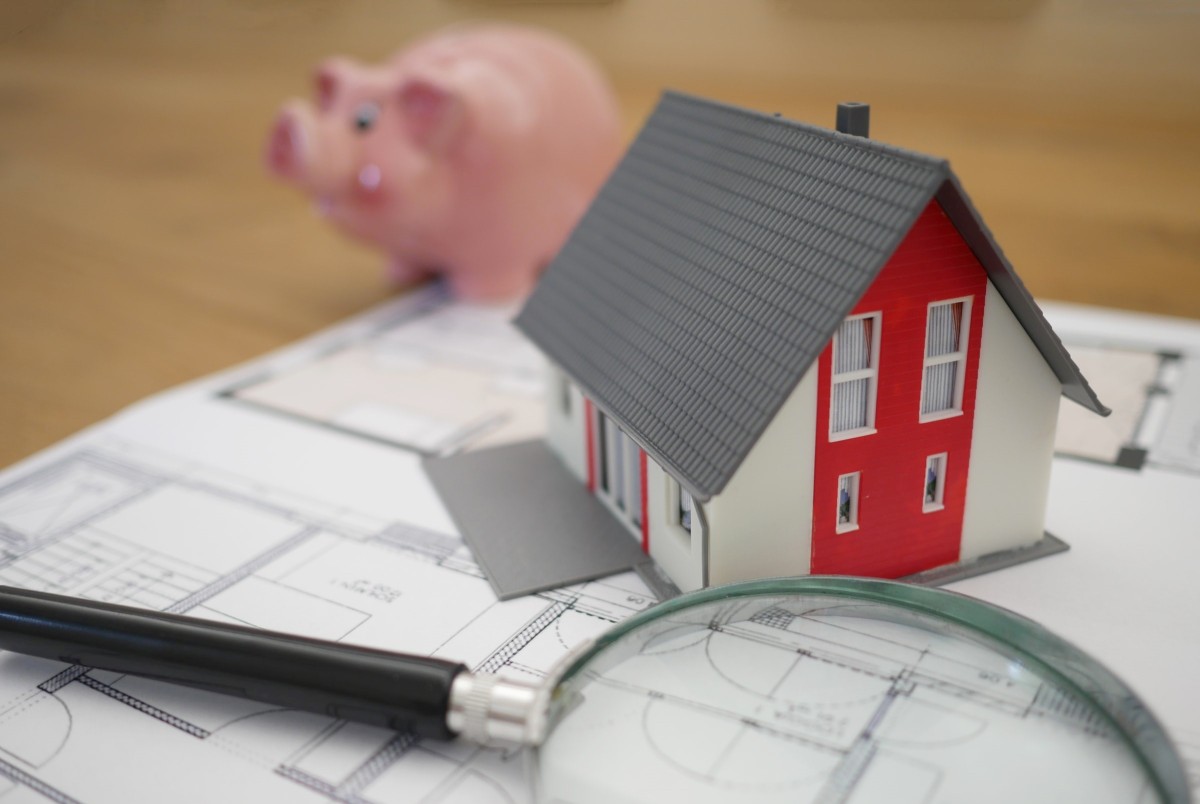
When it comes to buying a house in Portugal with a mortgage, one must bear in mind that it is necessary to pay a set of expenses and taxes associated with the loan. That's why it's important to have savings available before buying a property and taking out a mortgage in Portugal. In this article, we explain everything you need to know about the expenses and taxes you have to pay for your mortgage, for resident and non-resident mortgages in Portugal.
How much will you pay for mortgage expenses and taxes?
When you apply for a mortgage to buy a house in Portugal, the bank will analyse your financial capacity to pay off the loan in the long term. In order to do this, the Bank of Portugal's black list of credit liabilities will be consulted.
If the bank is sure that you have all the conditions to pay the corresponding monthly mortgage fee for the property you want to buy and gives the green light to the process, it will start the procedures for granting the mortgage. And then it will inform you of the costs of the loan and associated taxes. Keep in mind that if you are applying for a non-resident mortgage in Portugal, the fees will be the same, but you may be given less financing and less favourable conditions. Check out our guide to mortgages in Portugal for non-residents.
The value of the mortgage fees you will have to pay is up to the bank to calculate. In order to do this, the bank will take into account the characteristics of your mortgage. In general, expenses and taxes are around 10% of the purchase value. This means that you should have this money saved.
How does the payment of mortgage expenses and taxes work in Portugal?
As mentioned, each bank in Portugal will have its own expenses, so there may be some differences in this point between banks. Moreover, it must be taken into account that taxes also vary according to the area of purchase (mainland/islands), the purchase value and the mortgage amount - which, as a rule, should be up to 90% of the value of purchase of the property (less if you are a non-resident).
This is the process of applying for a mortgage in Portugal:
- Apply for a mortgage in the bank of your choice. It's a good idea to compare different banks, as mortgage interest rates are on the rise.
- The bank will carry out a mortgage study to see if the application is feasible or not, evaluating the effort rate and consulting the Bank of Portugal's
- If the bank approves the mortgage application and you accept the offer, the entity will ask you for the necessary money to pay the expenses and associated taxes in advance so that you don't lack money during the process
- The process of buying and selling the house is carried out, as well as the granting of the mortgage
- The bank collects the expenses and taxes associated with the housing loan on the day you sign the deeds
- The bank informs the buyer that the expenses and taxes are paid. The customer should review whether the expenses and taxes are properly paid and notify the entity. If there are any errors, the customer should notify the bank so that the situation can be resolved.
Who pays the expenses and taxes of a mortgage in Portugal?
The expenses and taxes associated with a mortgage in Portugal are paid by the buyer, i.e. the client to the bank. In other words, it is up to the person interested in buying the house who goes to the bank looking for a mortgage to incur the costs.
- Compare and apply for the cheapest mortgages in Portugal with idealista